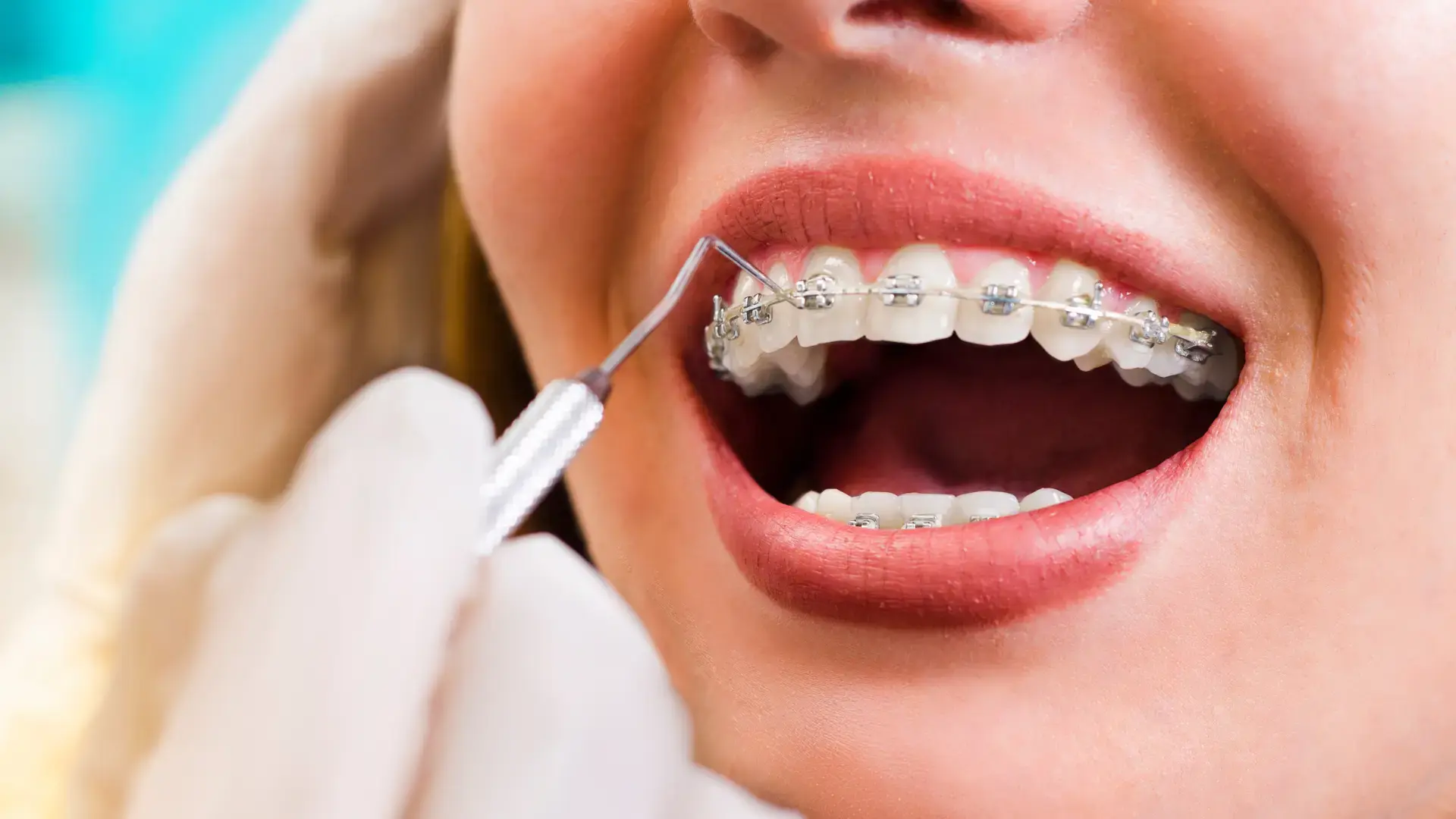Should You Fill Cavities in Baby Teeth? Here's What You Need to Know
.jpg)
Summarize with AI
Cavities in baby teeth may seem like a small problem, but they can have a big impact on your child’s health and development. Understanding when and why children need dental fillings can help you protect your child’s smile now and set the stage for a lifetime of healthy teeth.
Do Baby Teeth Need Fillings?
Baby teeth often need fillings to prevent further decay and complications. Cavities in baby teeth can lead to pain, infection, and problems with chewing or speaking, which can impact a child’s development. Fillings are particularly necessary when the decay is extensive or if the tooth will remain in the mouth for several years before naturally falling out. Treating cavities early can protect the surrounding teeth and set the stage for healthy adult teeth to emerge.
It’s essential to care for your child’s primary teeth because:
- Healthy teeth ensure your child can chew food effectively, supporting proper digestion and overall nutrition.
- Primary teeth play a vital role in helping children learn to form sounds and develop clear speech.
- Baby teeth act as placeholders for adult teeth, ensuring they emerge in the correct position and alignment.
- Untreated cavities can lead to discomfort, infections, and potential damage to developing adult teeth.
- Caring for primary teeth teaches children the importance of good oral hygiene, setting the foundation for lifelong dental health.
Other Problems That Cavities Can Cause When Untreated
Cavities are very uncomfortable to have, especially for young children. In addition to the complications already mentioned, cavities can cause the following issues if left untreated:
- Impeded Nutrition: Untreated cavities can make eating painful for children, leading to difficulty chewing and avoiding certain foods. This can result in poor nutrition, as children may miss out on essential vitamins and nutrients needed for healthy growth and development. Over time, a limited diet can affect their energy levels and overall well-being.
- Affected Speech: Baby teeth help guide tongue and lip movements necessary for forming sounds and words. Decayed or missing teeth can interfere with speech development, making it harder for children to pronounce certain sounds clearly. Early speech delays can impact language skills, leading to challenges in communication as they grow.
- Self-Confidence Issues: Visible cavities or decayed teeth can cause discomfort for children and impact how they interact with others. This may lead to social withdrawal or low self-esteem, as they might become self-conscious about their appearance or speech. Addressing dental issues early helps promote confidence at a young age.
Signs Your Child Has a Cavity
If your child complains about tooth pain or sensitivity, especially when eating or drinking something sweet, hot, or cold, they may have a cavity. You may also notice visible holes or white spots on their teeth, as well as dark spots indicating early stages of decay. Swelling or redness around the gums near the affected tooth can also signal a problem, along with persistent bad breath that doesn’t improve with brushing.
If you notice any of these symptoms, it’s crucial to bring your child to a dentist as soon as possible. Cavities in baby teeth can progress quickly, potentially leading to more severe issues like infections or damage to the surrounding teeth. Early treatment can alleviate discomfort, prevent further decay, and ensure your child’s oral health stays on track.
Preventing Childhood Cavities
Teaching proper oral hygiene at a young age is crucial to set your children up for a healthy future. By taking the following steps, you can help prevent your child from getting uncomfortable cavities:
- Establish Good Oral Hygiene Habits Early: Begin brushing your child’s teeth as soon as they emerge using a soft-bristled brush and a tiny smear of fluoride toothpaste. Once they are older, encourage them to brush twice daily and floss regularly.
- Limit Sugary Foods and Drinks: Reduce your child’s intake of sugary snacks, candies, and beverages like juice or soda, which can contribute to tooth decay. Encourage water as the primary drink, especially between meals.
- Encourage a Healthy Diet: Provide a balanced diet rich in fruits, vegetables, whole grains, and dairy to promote strong teeth and overall oral health.
- Regular Dental Checkups: Schedule routine dental visits every six months to catch any potential issues early and keep teeth clean through professional cleanings.
- Use Fluoride: Incorporate fluoride toothpaste and consider fluoride treatments or supplements as recommended by your pediatric dentist to strengthen enamel and protect against decay.
- Teach Proper Brushing Technique: Supervise young children while they brush to ensure they reach all areas of their teeth and use the correct technique.
- Avoid Sharing Utensils: Don’t share utensils or clean pacifiers with your mouth to prevent transferring cavity-causing bacteria.
- Encourage Drinking Water After Meals: Water helps rinse away food particles and neutralize acids, reducing the risk of decay.
Do Fillings in Baby Teeth Prevent Issues in Permanent Teeth?
Getting fillings in baby teeth can help prevent issues in permanent teeth by stopping the spread of decay and preserving the natural structure of the mouth. Baby teeth act as placeholders for adult teeth, guiding them into the correct position. If cavities are left untreated, the decay can lead to infections or premature tooth loss, which may cause permanent teeth to erupt crookedly or in the wrong position. Additionally, untreated decay can spread to the underlying adult teeth, increasing the risk of future dental issues. By addressing cavities early with fillings, parents can help ensure a healthy foundation for their child's permanent teeth.
Protect Your Child’s Smile with Gentle Dental – Schedule an Appointment Today!
If you're unsure when to seek dental care for baby teeth, schedule a dental exam with our caring team at Gentle Dental to protect your child's smile. Whether it’s a routine check-up or treating unwanted cavities, we’re here to keep their teeth healthy and strong for years to come.


